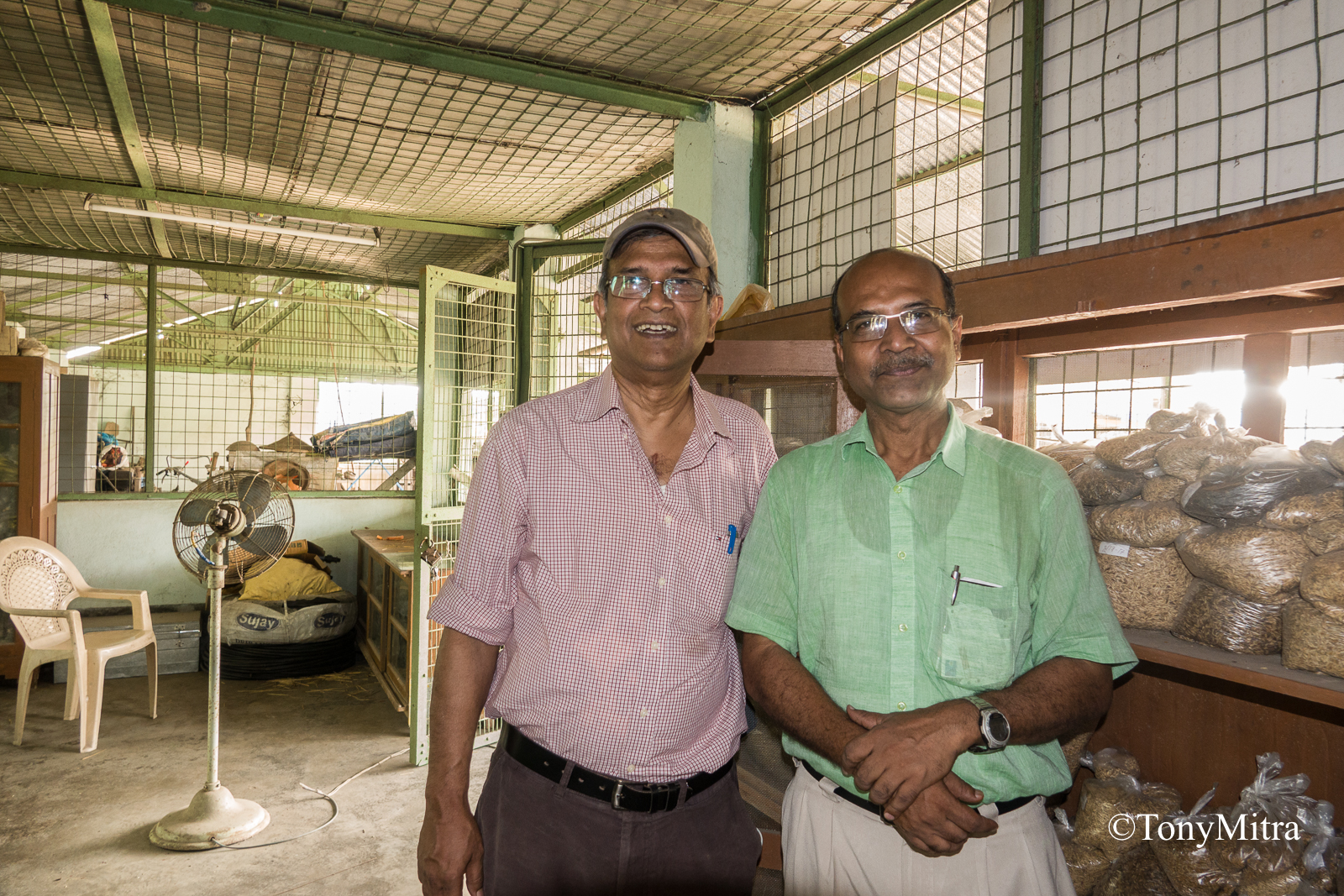
Anupam Paul, Assistant Director of Agriculture, Government of West Bengal, India, is in charge of the Agricultural Training Centre, one of seven in the province, at Fulia, district of Nadia, WB, India.
Employed by the government, his job is to be the link between Agriculture policy and schemes of the government and the farming community. But Paul is a maverick and breaks the typical mould.
The government policy is largely influenced by the agrochemical industry, and six out of seven training centres in the province promote that practice, which is neither sustainable, nor economically viable, and is poisoning the planet and the consumers.
Mr. Paul is a maverick that breaks the mould. He is conserving hundreds of folk rice types on one side, some collected from Dr. Debal Deb, and the rest from farmers, to be distributed to other farmers that wish to make a transition to sustainable organic farming of folk rice. On the other side, he uses completely organic and chemical free methods to plant and conserve rice in his institution, and trains visiting farmers and assistant directors of agriculture, to do likewise.
It is a wonder that the government is allowing Paul to go organic at his training centre. It is also encouraging to see that his efforts are, while an exception to the rule, is influencing a small but rising group of rice farmers to go sustainable, go desi (farmers of indigenous folks rice), and go chemical free.
I visited the Agricultural Training Centre at Fulia in late March 2018 to see what was happening there, including meeting some farmers, some assistant agricultural directors from various regions of Bengal and hear their story about promotion of organic cultivation sustainable chemical free folks rice varieties.
Here is another 90 second video, where Mr. Tathagata Das, Assistant Agricultural Director from Rampurhat town of district Birbhum speaks to me of his own experience in promotion of organic rice farming and his conviction that this is the only sustainable way of cultivating rice.
Feel free to add your comments and feedback at the bottom of this blog.
